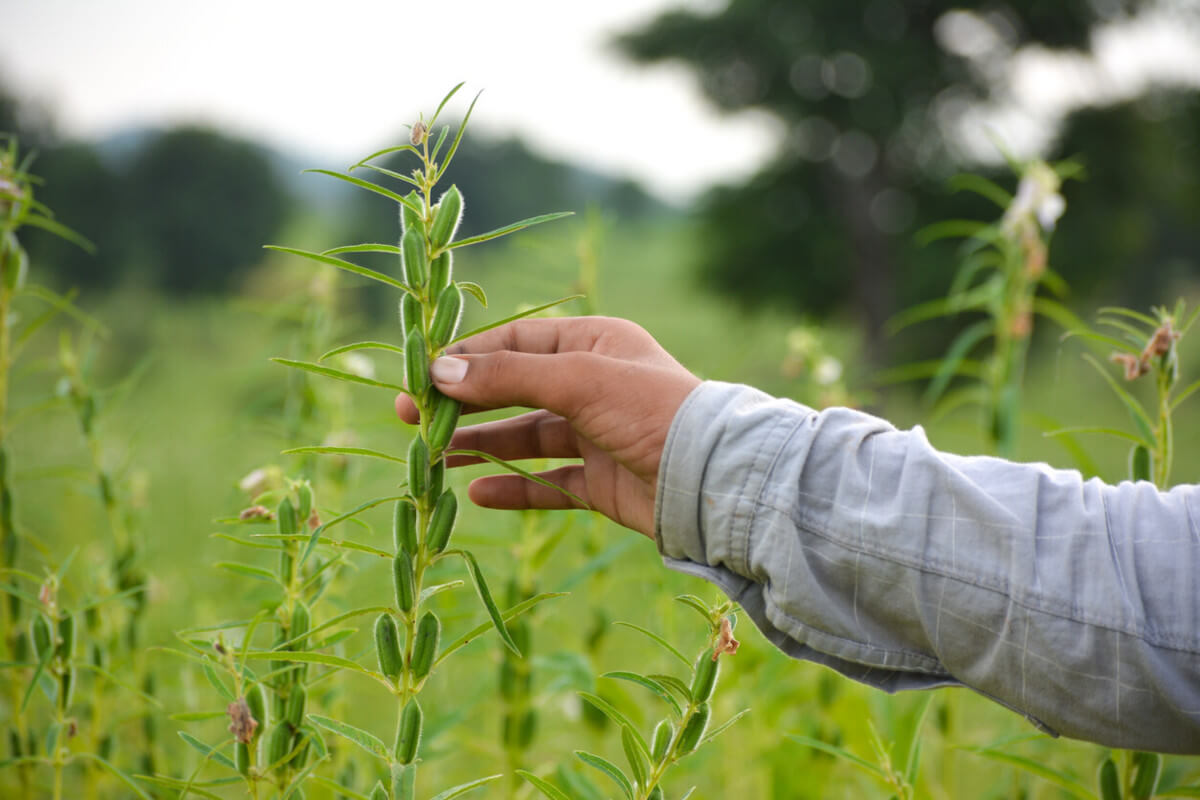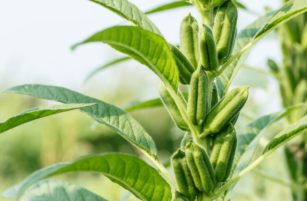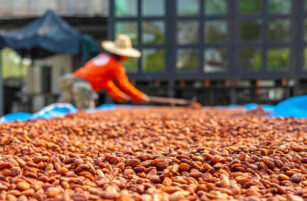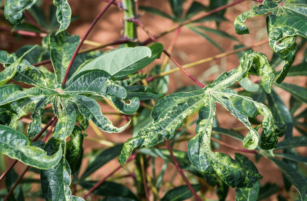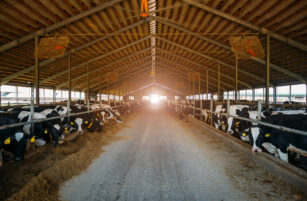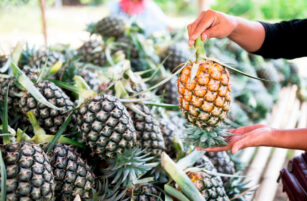Insight Focus
The Northern Hemisphere’s sesame harvest season is being hampered by ongoing conflicts. Geopolitical, ethnic and territorial disputes in many of the key growing regions have knock on effects on food security.
Conflicts Contribute to Sesame Shortage
The conflicts plaguing many Northern Hemisphere countries are disrupting sesame production and exports, contributing to supply shortages, higher prices and market instability.
In Ethiopia, the Tigray conflict and subsequent unrest in the Amhara region—areas that produce over 70% of the country’s sesame— have hampered farming activities, displacing many farmers and damaging infrastructure crucial for sesame production and export.

Source: FAO
Similarly, in Sudan, the conflict that began in April 2023 has also severely impacted sesame farming, particularly in the eastern states bordering Ethiopia, where much of Sudan’s sesame is grown.

These conflicts have turned sesame into what some analysts call a “conflict commodity.” Control over sesame-producing regions has become a strategic goal, further fuelling violence and instability. The territorial disputes, particularly over the Al-Fashaga region along the Sudan-Ethiopia border, are directly tied to the control of sesame revenue, exacerbating tensions between the two countries.
Instability Persists Further Afield
Nigeria is also facing internal challenges, driven by widespread protests against the country’s economic management, marked by soaring inflation, a volatile exchange rate and the removal of fuel subsidies, which has led to steep increases in the cost of essential goods. These are further complicated by the ongoing conflict in the northern regions, which disrupts agricultural productivity and export capabilities.

Source: St Louis Fed
Moreover, these issues are compounded by other global factors, such as geopolitical tensions in the Red Sea region, which further threaten the stability of trade routes essential for the sesame market.

Source: Drewry
India, despite its potential for increased sesame output, continues to struggle with quality and contamination issues, hindering its competitiveness in the global market. These challenges have created opportunities for other producers, such as Turkey and Pakistan, to increase their exports to the EU, filling the void left by India’s declining market share.

Source: UN Comtrade
Pakistan has emerged as a significant player in the sesame market. In 2023, FAO data shows that it recorded the third-largest exports after Sudan and Niger, with a total of 205,000 tonnes.

Source: UN Comtrade
However, the country faces its own set of challenges. In August, agricultural experts urged farmers to address whitefly infestations promptly, warning that these pests could jeopardize both the quality and quantity of sesame crops, thereby affecting export levels.
Challenges on the Horizon
Several factors influence sesame seed prices, including the type of cultivation (hulled seeds fetch higher prices), oil content (higher oil content increases value), colouration (white seeds are most sought after) and damage (seeds damaged by pests reduce in value).
The fact that sesame production is concentrated in high-conflict zones means that it comes with inherent vulnerability.

Source: FAO
As a result, there has been significant volatility in year-on-year prices, with India experiencing a price increase of over 11% and Pakistan witnessing a surge of more than 55%.
As well as conflicts, sesame farmers are also contending with adverse weather conditions and other macroeconomic factors. The emergence of La Niña during August-October, with a 70% chance of persisting into the winter of 2024-25, poses additional risks to crop yields.
Moreover, a noticeable rise in salmonella this year has raised concerns. The contamination likely occurs during the production and processing stages, where improper handling, inadequate sanitation or exposure to contaminated water can introduce salmonella bacteria to many ingredients, including sesame seeds.
